$105.60 / year
– Cybersecurity Training
– Phishing Protection (Web/Mobile)
– Dark Web Scanning
– Cybersecurity Scoreboard
– Customised Alerts
– Cancel Any Time

Name
Password
– Cybersecurity Training
– Phishing Protection (Web/Mobile)
– Dark Web Scanning
– Cybersecurity Scoreboard
– Customised Alerts
– Cancel Any Time
– Cybersecurity Training
– Phishing Protection (Web/Mobile)
– Dark Web Scanning
– Cybersecurity Scoreboard
– Customised Alerts
– Cancel Any Time
Biz Australia has partnered with Award Winning Cybermate, the first affordable Australian cyber awareness and training app that reduces behavioural risk.
– Automated Cybersecurity Awareness Training Modules
– Dark Web Alerts involving your business
– Secure Encrypted Messaging
– Phishing and SMS Simulated Attacks
– Designed to reduce the number 1 cyber risk – human behaviour
– Complies with ASK, ACSC, ISO 2700, NIST, CIS

We are an Authorised Representative of Cybermate, providing access to the first affordable cyber security training and awareness platform that reduces behavioural risk and achieves compliance with Australian cyber security standards.

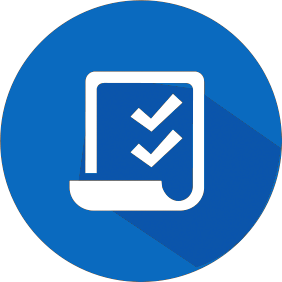
Includes the latest cyber policy templates and complies with ASD, ACSC, ISO 2700, NIST, CIS and other relevant standards
Forget complicated apps and expensive cyber training; Cybermate is fully automated, intuitive, fun and affordable.
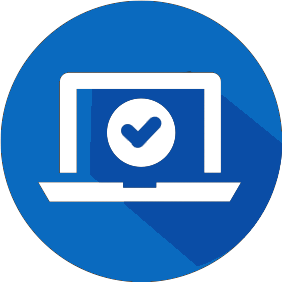
Through Cybermate, we offer the first automated cyber security and training platform for SMEs that reduces the risk from human behaviour.

Build cuber awareness with dynamic training videos, resources and personalised education programs.
Start 14-Day Free Trial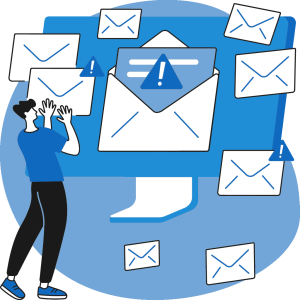
Randomly generated fake emails and texts to simulate real phishing attacks and put your learning to the test.
Start 14-Day Free Trial
Receive real-time alerts to current Australian cyber threats so you can prepare and take action.
Start 14-Day Free Trial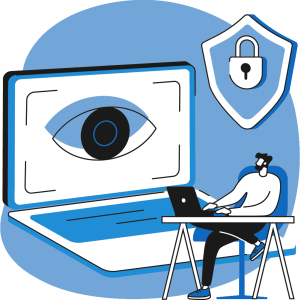
Automatic scans and searches of the dark web to alert you if your information has been compromised.
Start 14-Day Free TrialTraining is tested through quizzes and simulated attacks to ensure a personalised journey to cyber resilience.
Start 14-Day Free Trial
Send private messages with the end-to-end encryption, selfdestructing functions and password protection.
Start 14-Day Free Trial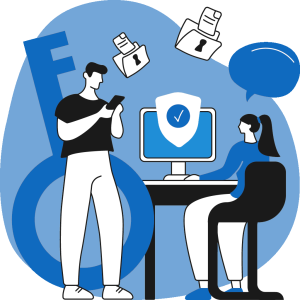
Create fully customisable and easy-to-understand cyber policies for your business without a middle-man.
Start 14-Day Free TrialEstablish basic security practices and policies for employees, such as requiring strong passwords, and establish appropriate Internet use guidelines that detail penalties for violating company cybersecurity policies. Establish rules of behavior describing how to handle and protect customer information and other vital data.
Keep clean machines: having the latest security software, web browser, and operating system are the best defenses against viruses, malware, and other online threats. Set antivirus software to run a scan after each update. Install other key software updates as soon as they are available.
A firewall is a set of related programs that prevent outsiders from accessing data on a private network. Make sure the operating system’s firewall is enabled or install free firewall software available online. If employees work from home, ensure that their home system(s) are protected by a firewall.
Mobile devices can create significant security and management challenges, especially if they hold confidential information or can access the corporate network. Require users to password-protect their devices, encrypt their data, and install security apps to prevent criminals from stealing information while the phone is on public networks. Be sure to set reporting procedures for lost or stolen equipment.
Regularly backup the data on all computers. Critical data includes word processing documents, electronic spreadsheets, databases, financial files, human resources files, and accounts receivable/payable files. Backup data automatically if possible, or at least weekly and store the copies either offsite or in the cloud.
Prevent access or use of business computers by unauthorized individuals. Laptops can be particularly easy targets for theft or can be lost, so lock them up when unattended. Make sure a separate user account is created for each employee and require strong passwords. Administrative privileges should only be given to trusted IT staff and key personnel.
If you have a Wi-Fi network for your workplace, make sure it is secure, encrypted, and hidden. To hide your Wi-Fi network, set up your wireless access point or router, so it does not broadcast the network name, known as the Service Set Identifier (SSID). Password protect access to the router.
Work with banks or processors to ensure the most trusted and validated tools and anti-fraud services are being used. You may also have additional security obligations pursuant to agreements with your bank or processor. Isolate payment systems from other, less secure programs and don’t use the same computer to process payments and surf the Internet.
Do not provide any one employee with access to all data systems. Employees should only be given access to the specific data systems that they need for their jobs, and should not be able to install any software without permission.
Require employees to use unique passwords and change passwords every three months. Consider implementing multi-factor authentication that requires additional information beyond a password to gain entry. Check with your vendors that handle sensitive data, especially financial institutions, to see if they offer multi-factor authentication for your account.



Small Business Cybersecurity
Everything you need to protect your business against online threats.